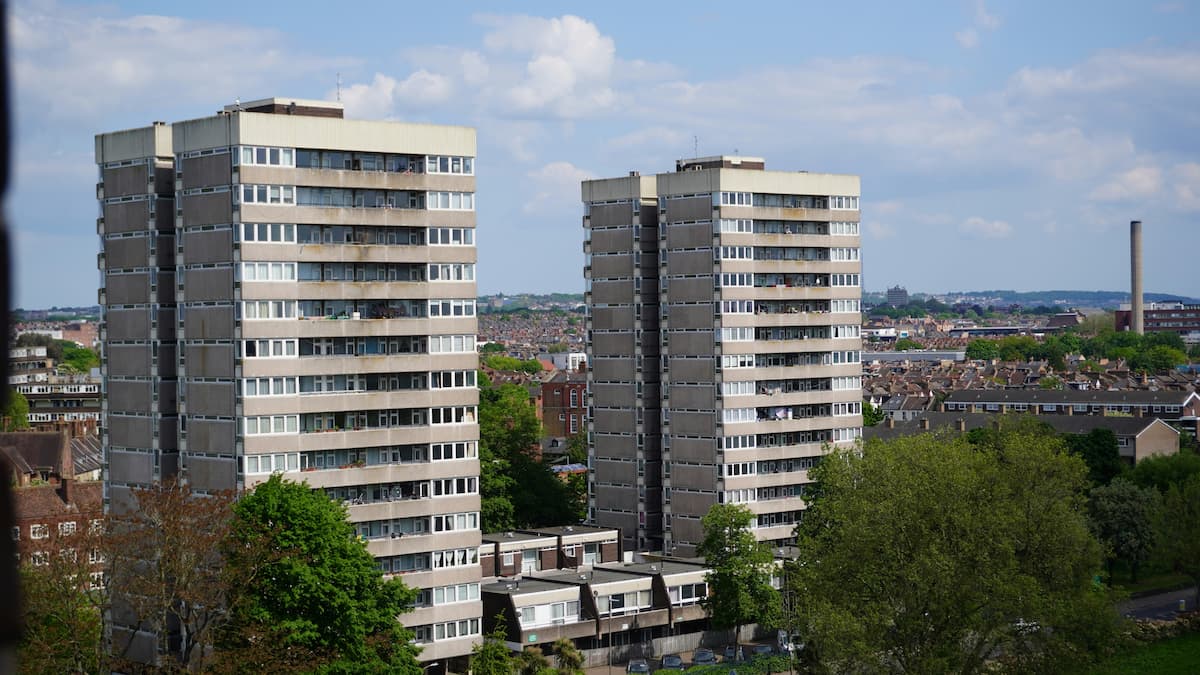Leasehold and Commonhold Reform: Key Points from Baroness Taylor’s Statement
22 de noviembre de 2024

ProConvey
Conveyancing software including conveyancing onboarding, TA forms, ID and SOF Checks, Searches, Indemnities, Smart eSignatures, Quotes, and more.
On 21st November 2024, Baroness Taylor of Stevenage, the Parliamentary Under-Secretary of State, issued an important statement outlining the government’s plans for reforming leasehold and commonhold property laws in England and Wales. The reforms aim to address widespread concerns regarding fairness, transparency, and security in property ownership.
Commitment to Ending the Feudal Leasehold System
The government reiterated its pledge to abolish the outdated leasehold system, which has long been criticised for its inherent inequalities. Baroness Taylor highlighted the harmful practices that many leaseholders face, such as “punitive and escalating ground rents; unjustified permissions and administration fees; unreasonable or extortionate charges; and onerous conditions imposed with little or no consultation.”
She added that these practices are fundamentally at odds with the principles of homeownership and should no longer have a place in modern property law. The reforms are designed to create a fairer, simpler system that prioritises the rights of homeowners.
Addressing Flaws in Existing Legislation
Baroness Taylor’s statement also acknowledged challenges with the Leasehold and Freehold Reform Act 2024, introduced by the previous government. While the Act made progress in areas such as enfranchisement and the right to manage, it was revealed to have “a small number of specific but serious flaws” that need urgent attention.
One notable issue involves a loophole in the valuation reforms, which could undermine the intended benefits for leaseholders seeking to extend their leases or purchase their freeholds. Additionally, the Act overlooked shared ownership leaseholders, excluding them from the right to extend their leases—a critical omission that the government plans to rectify.
A Thoughtful Approach to Reform
While progress is a priority, the government has emphasised the need to approach reform carefully to ensure all changes are “fit for purpose.” Baroness Taylor explained, “While we intend to continue to work at pace, we will take the time necessary to ensure the reforms we pass are fit for purpose.”
This measured approach seeks to avoid unintended consequences and ensure that any changes to property law genuinely benefit homeowners in the long term.
Immediate Actions and Future Plans
Some provisions of the Leasehold and Freehold Reform Act 2024 have already come into force. These include measures related to building safety and insolvency practices. Looking ahead, the government has ambitious plans to transform property ownership further.
A key goal is to restrict the sale of new leasehold flats, with the intention of making commonhold the default form of ownership. Commonhold, which offers flat owners freehold-style rights without the limitations of a lease, is seen as a more equitable and sustainable alternative to leasehold.
Baroness Taylor confirmed that a white paper on commonhold will be published early in 2025, with the aim of introducing new legislation later that year. This will include consultations with stakeholders to ensure a practical and effective transition to commonhold.
Delivering Long-Term Change for Homeowners
The government’s reforms seek to address the deep-seated issues in the leasehold system, empowering homeowners with greater rights, protections, and security. Baroness Taylor’s statement underscores the commitment to creating a housing system that is fair, transparent, and reflective of the needs of modern society.
As the Baroness noted, these reforms are about “delivering a system of homeownership that works for everyone—one that is fair, equitable, and above all, sustainable for future generations.”
The journey to overhaul property law in England and Wales is complex, but these reforms represent a significant step towards ensuring homeowners can take full control of their properties without facing unfair burdens or restrictions.
